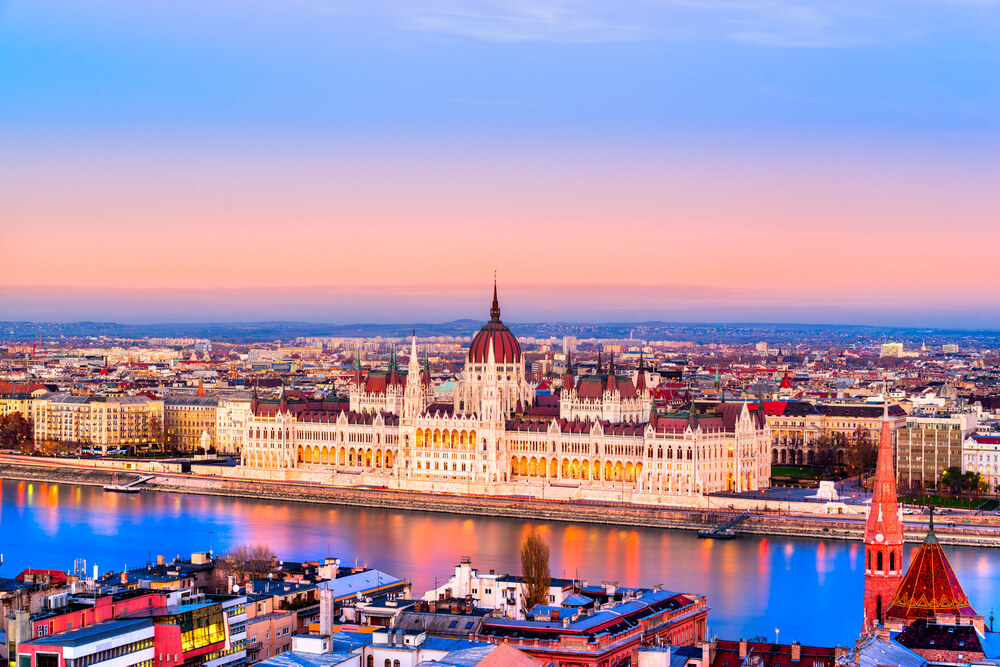In recent years, an increasing number of German pensioners have decided to leave their home country and move to Hungary. This is due to economic and political dissatisfaction in German society, as well as the attraction of Hungary’s lower cost of living and political stability.
Hungary is an increasingly popular destination for German retirees, especially those seeking a lower cost of living and a more relaxed lifestyle. In 2022, there were more than 22,000 German citizens living in the country, a significant proportion of them belonging to the older generation. They are attracted not only by the cheap real estate and the pleasant climate but also by Hungary’s political climate, which appeals to them in particular with its anti-immigration rhetoric.

Personal stories
According to Reuters, Andre Iwan’s relationship with Hungary dates back to the 1990s, when he bought land on the shores of Lake Balaton. The original plan was to spend their retirement here, but changes in Germany accelerated the move. The Iwan family’s decision is not unique; many feel that frustration with high taxes and immigration policies in Germany makes a comfortable retirement impossible.
Jürgen Wichert, another German retiree, also found a new home on the shores of Lake Balaton. He also emphasised the ideological aspects: he supports conservative policies and sympathises with leaders such as Viktor Orbán and Donald Trump. Wichert believes that Germany’s middle class needs to suffer an economic downturn for political change to take place. These personal experiences show that migration decisions are motivated not only by economic factors but also by political and ideological considerations.
Although more and more German retirees are moving to Hungary, the country’s younger generations are often moving in the opposite direction, to Western Europe in search of better opportunities. This dichotomy highlights the complexity of migration processes and the different economic situations in European countries.

The political and media fallout
Prime Minister Viktor Orbán’s hardline anti-immigration policy is a major attraction for those in Germany who are unhappy with liberal politics there. The far-right media portray Hungary as a model of conservatism and order, which further increases interest in the country. However, experts point out that this idealised image does not always reflect reality, as Hungary has a crime rate similar to Germany’s and one of the lowest life satisfaction rates in Europe. In addition, the pandemic, economic turmoil and war have heightened fears and led people to seek stability in countries such as Hungary. Sociologists argue that this is less about objective security and more about the perception of finding order amid chaos.
For retirees like Andre Iwan and Jürgen Wichert, Hungary offers the prospect of a new start, where economic advantages, a favourable climate and political stability combine to create an attractive package. At the same time, these decisions raise deeper questions about identity, European values and immigration. For Hungary’s new residents, this country is not only a home, but also a symbol of the order and stability they seek, and a place where they hope to enjoy a fulfilling retirement.
Read also: